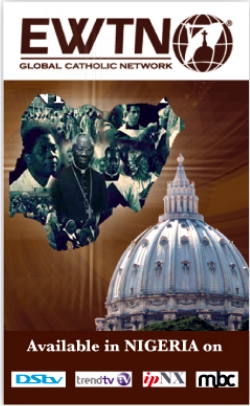We won’t pay fictitious tax – Banks, Present your records for reconciliation – Imo Govt
It is no longer news that banks in Imo State were shut down from Thursday, December 12 to Monday, December 16, following Imo State Government’s order to seal the branches of the banks that were affected by the distrain order for alleged non-payment of withholding taxes over their savings between 2004 and 2011. What is news rather is that the banks in Imo State are accusing the state government of imposing arbitrary and fictitious sums of money as taxes on them. The banks also accuse the government of parading wrong figures from banks, as the Imo State Government at no time visited the banks for proper audit in this regard.
In a press release issued on Tuesday, December 17, 2013 by Imo State Bank Managers Forum (an association of All Bank Branch Managers in Imo State) and signed by its Chairman and Secretary, Ray Ahumibe and Peter Nwachukwu respectively, the bankers said that their resolve to resume operations on Tuesday, December 17, was in consideration of interventions of well-meaning citizens of the state and their sensitivity to the plight of their loyal customers in and beyond the state. They expressed their commitment towards the development of the state with the belief that such should encourage the Imo State Government to unseal the branches of their banks affected by the distrain order. They demanded that proper and all inclusive audit of the withholding tax deductions on interests paid on savings accounts and remittances should be carried out on the banks to guarantee transparency and openness.
According to the press statement, when in September 2013, news filtered that the Imo Board of Internal Revenue wanted to distrain banks arbitrarily assigned huge tax figures ranging from N100m to N700m per bank as un-remitted withholding tax on interests paid on savings accounts between 2004 – 2011, the banks undertook the following measures to address the impending disaster:
-Engaged the Board of Internal Revenue disclaiming their figures and challenging them to substantiate their positions. The banks said that the Board of Internal Revenue failed on their agreement and the directors were disbanded.
-Secondly, they took a higher step of engaging the office of the Deputy Governor, who was in-charge of the matter at the time but never received the required attention.
-Finally, they said that they wrote to the Executive Governor, Owelle Rochas Okorocha himself and the Speaker, Imo State House of Assembly, stating their complaints and demanding for audience on the sensitive matter. To their greatest chagrin, the bankers said they were never granted audience.
The release further stated that the banks embarked on those approaches because they were convinced that the government paraded wrong figures as she never visited the banks to carry out any audit for the said purpose. They were surprised that the government in conjunction with her lawyer sealed off some banks on the basis of an ex-parte order that was not served the banks.
Meanwhile, the Bank Managers Forum on Wednesday, Dec 18, met with the Imo State Government to chat the way forward. In his reaction, Governor Okorocha described their action as embarrassing to the government and the state in general. Addressing the bankers, the Governor lamented, “Is it an attempt to sabotage the activities of government through a Forum, which is not registered? Why did you not ask your members to discuss with government or go to court for redress, rather than embarking on a strike at the festive period when people need money”.
The Leader gathered that the bankers reinstated their resolve to contribute to the development of the state while at the same time not compromising the ethics of their profession. They demanded that government conduct proper auditing and as well unseal their branches in order to serve the people better.
Governor Okorocha however accepted the bank’s promise to present their records to the Board of Internal Revenue for proper reconciliation between the state government and the banks.
Read also Related Posts
Comments
comments

